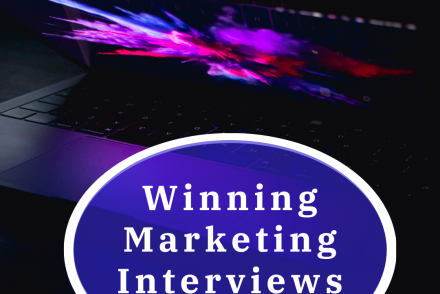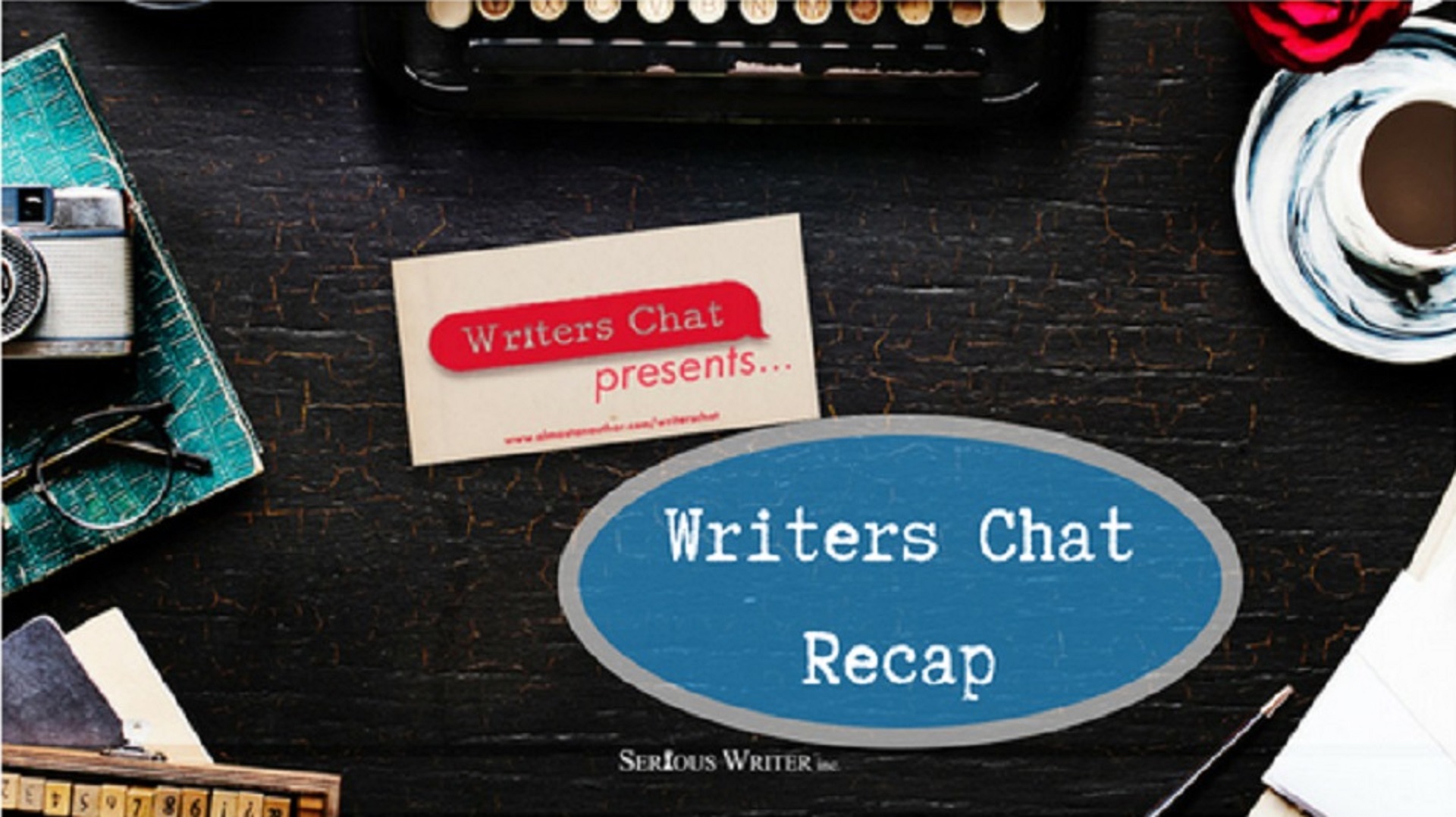
Interview with C.A.N. Crown Award Winner Carla Hoch
The Christian Authors Network’s innovative Crown Awards celebrate excellence in Christian Media and Marketing. Purpose: To recognize, educate, and…
September 26, 2021
The Christian Authors Network’s innovative Crown Awards celebrate excellence in Christian Media and Marketing. Purpose: To recognize, educate, and…
September 26, 2021
The Christian Authors Network’s innovative Crown Awards celebrate excellence in Christian Media and Marketing. Purpose: To recognize, educate, and…
August 26, 2021
What Is a Lead Magnet and Why Is the Title Such a Big Deal? Lead Magnets are the overlooked…
August 12, 2021
The foundation of today’s marketing campaign for brands is content marketing. The kinds of content that can effectively reach…
July 14, 2021
No matter how dignified we are, holding our just-published book in our hands for the first time makes us…
July 12, 2021
As a book author, you must be able to market your book. It may be hard for you if…
June 22, 2021
You’ve dreamed of becoming an author for years, and now, you’re preparing to submit your first manuscript to agents…
June 10, 2021
You never thought it would happen to you. One minute, you were ecstatic to hear that special “bing!” when…
May 12, 2021
Taking the focus off of ourselves and placing it on our audience changes everything. Everything. That’s exactly what a…
April 12, 2021
Growing a loyal Facebook Live audience—whether you’re a beginner or established writer—doesn’t happen overnight. You have to earn it.…
March 12, 2021
Emails and newsletters are the most effective digital marketing tools to promote books by self-published authors. Sending an email…
February 26, 2021
As a professional writer you aren’t satisfied writing grocery lists. You long to deliver God’s message and see lives…
February 12, 2021
Perhaps, among all the ways to promote your book, content marketing is the most powerful tool since it allows…
January 24, 2021
New authors often call me. They want my help to build their platform in time for their book’s release…
January 13, 2021
You’ve written a book and published, and that felt like the hard part. But marketing your book is one of the…
October 2, 2020
The biggest misconception that most authors have is that they need to have hundreds or thousands of dollars to…
August 31, 2020
We think of writing a book as an act of creative inspiration. The muse strikes and we strive to…
July 18, 2020
There are a lot of talented authors on the Best Writers Online and Online Writers Rating custom writing reviews…
July 11, 2020
The Christian Authors Network’s innovative Crown Awards celebrate excellence in Christian Media and Marketing. Purpose: To recognize, educate, and…
March 18, 2020
The Christian Authors Network’s innovative Crown Awards celebrate excellence in Christian Media and Marketing. Purpose: To recognize, educate, and…
February 18, 2020
Writers Chat, hosted by Jean Wise, Johnnie Alexander, and Bethany Jett, is the show where we talk about all…
November 15, 2019
Writers Chat, hosted by Jean Wise, Johnnie Alexander, and Bethany Jett, is the show where we talk about all…
February 28, 2019
Elaine Marie Cooper I walked in my house the other day after a long car trip, and was surprised…
October 8, 2017